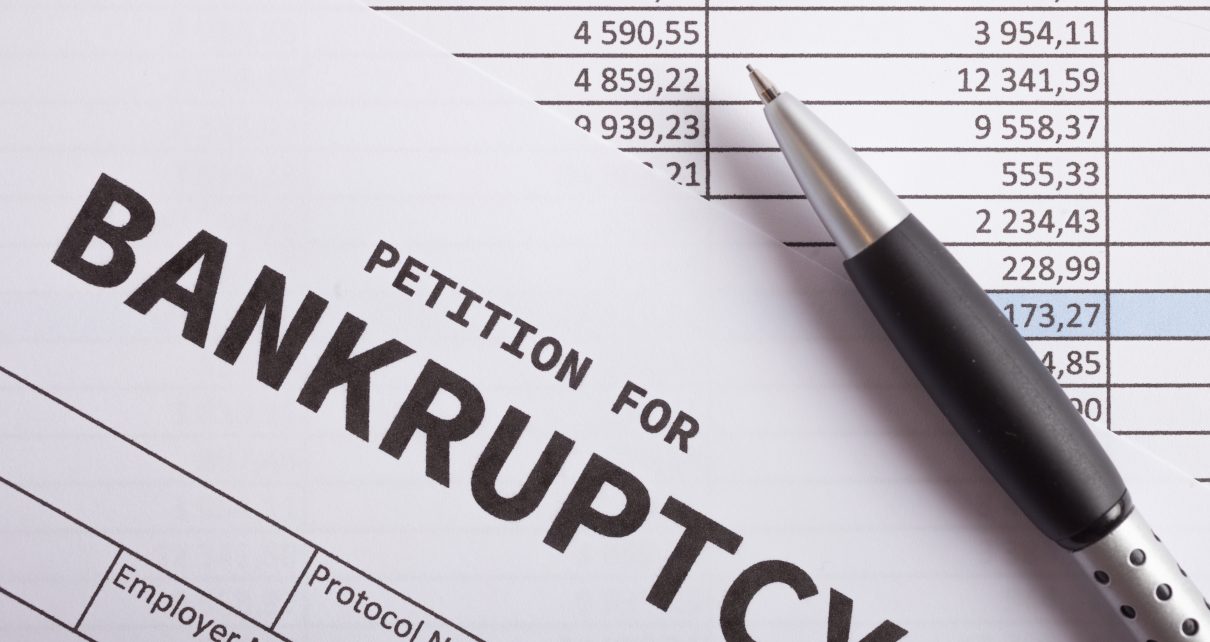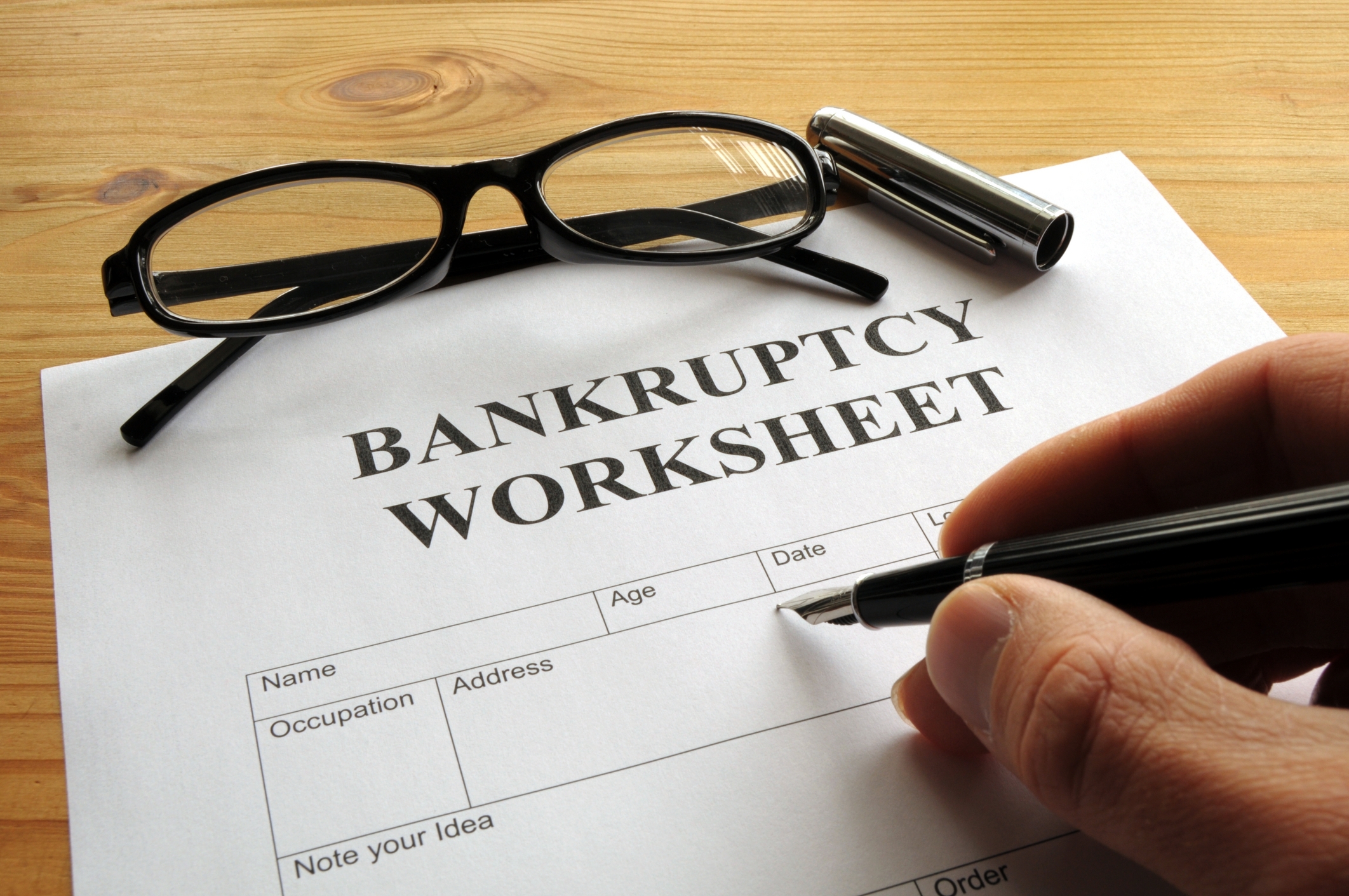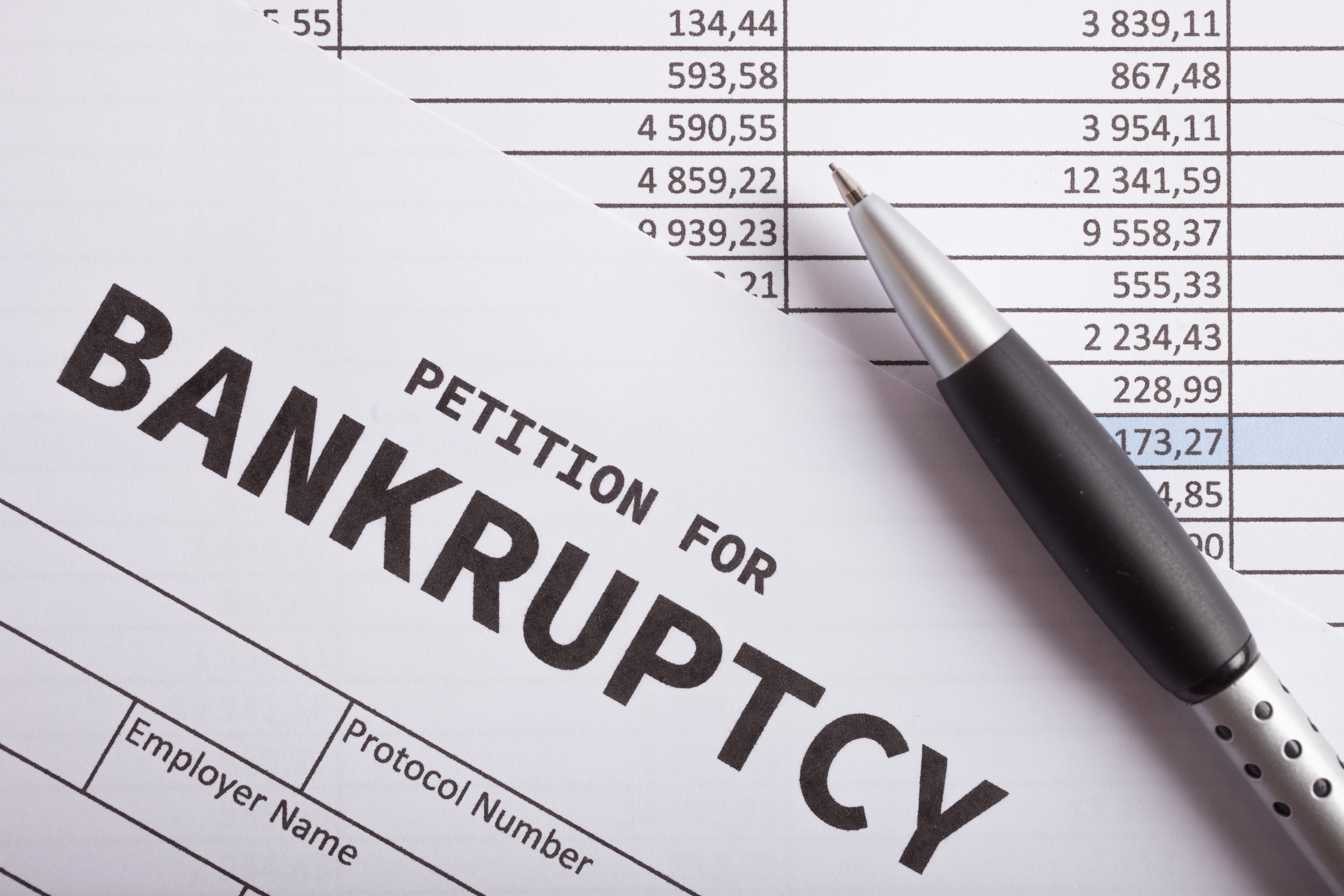While filing bankruptcy should be done with a licensed attorney, it is possible to file your own bankruptcy. The first choice that must be made is what type of bankruptcy you will be filing. There are two types. Chapter 7 is the better known bankruptcy where almost all of you unsecured debt is wiped out. Chapter 13 on the other hand places you into a payment plan for a length of time between 3 to 5 years. There are several reasons that some people must choose a Chapter 13.
You must known what kind of debt you have. Owing certain debt will mean that you MUST file a Chapter 13. These debts are considered non-dischargeable in bankruptcy, meaning that no matter what, you will still have to pay them. Non-dischargeable debts include: student loans, amounts owed to the IRS, money you owe that you obtained through fraud, back domestic support such as child support and alimony, money you owe your pension, and money you owe for willful injury to another person or property. Having any of these will put you into a Chapter 13 bankruptcy with a payment plan.
The next step is to determine whether or not you are behind on your mortgage. Being behind on your mortgage and filing a Chapter 7 will cause you to lose your home. Thus, even if you are only one month behind, you will have to do a Chapter 13. Through the debtors, services of the best bankruptcy attorney san diego should be hired. Proper guidance will be provided to them about the need of mortgaging the property. The filling of the case will be in compliance with the regulations or laws.
Now you have to look at your income and expenses. List everything you spend money on in a month. Average out your car insurance, medical costs etc. Next average out your income to a monthly amount. The difference between you income and your expenses is your left over money every month. For a Chapter 7, this amount should be under $50. This is because you are trying to show the court that you are too poor to pay your creditors. You can adjust your expenses here and there to help get to the desired figure. But don’t lie! That is fraud and perjury. If no matter what you have more income at the end of the month, you will have to file a Chapter 13. This is because you have enough money to at least pay them 10 cents on the dollar.
The next step is to look at your assets. If you have a lot of assets (houses, cars, etc) with no debt on them (such as a mortgage), you may have too many assets. You cannot have more than $20,200 of equity in your home or $3,225 in your car. If you do, there is also an additional amount of $11,200 that can also be applied. However, if you still have too many assets, you will need to file a Chapter 13. (The courts thinking is “why should you get to keep all your stuff and your creditors get nothing?”)
The last consideration is your car. Cars that are purchased with the past 910 days may be able to have the loan amount lowered. If the value of the car is less than the amount owed, the court can do a cram down and lower the amount owed on the car to the value. This is only available in a Chapter 13.





